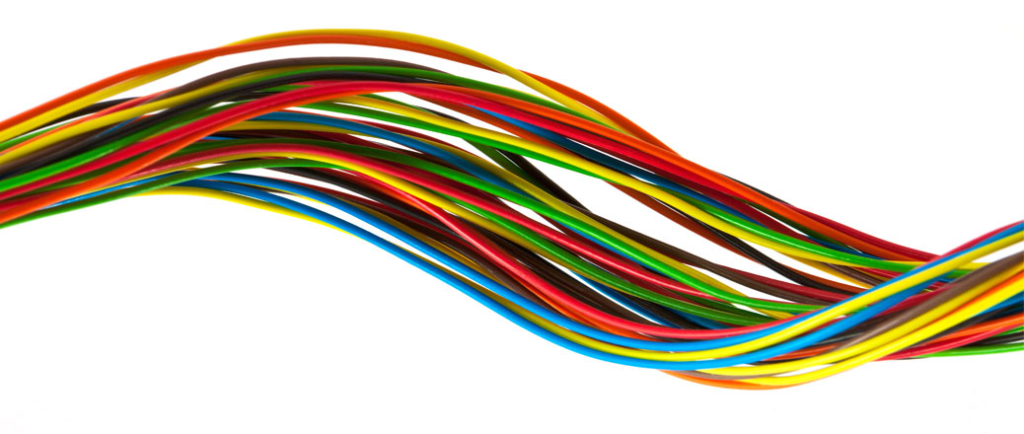Unveiling the Science Behind Choosing Copper Wire Over Silver: A Comprehensive Analysis

In the realm of electrical engineering and wiring, the choice between copper and silver as conductive materials has long been a subject of debate and consideration. While silver is known for its superior conductivity properties, copper remains the preferred choice for various applications. This article delves into the intricate reasons behind why copper wire is favored over silver in practical scenarios.
- Cost-Effectiveness:
One of the primary reasons for the widespread use of copper wire over silver is its cost-effectiveness. Silver, being a precious metal, is significantly more expensive than copper. In large-scale applications such as electrical wiring for buildings, infrastructure, and electronics, the cost of using silver would be prohibitive. Copper, on the other hand, strikes a balance between conductivity and affordability, making it the more practical choice for most projects. - Durability and Reliability:
Copper wire is renowned for its durability and reliability in various environmental conditions. Unlike silver, copper does not tarnish easily when exposed to air or moisture, ensuring consistent performance over time. This corrosion resistance of copper makes it ideal for long-term use in electrical systems where stability and longevity are crucial factors. - Conductivity and Efficiency:
While silver boasts slightly higher conductivity than copper, the difference is not significant enough to justify the increased cost of silver. Copper still offers excellent electrical conductivity, making it a highly efficient choice for transmitting electricity. Moreover, advancements in copper wire technology, such as oxygen-free high-conductivity (OFHC) copper, have further enhanced its performance, narrowing the conductivity gap with silver. - Flexibility and Workability:
Copper wire is known for its flexibility and ease of workability, making it suitable for various applications that require bending and shaping. Silver, being a softer metal, may not possess the same level of mechanical strength as copper, leading to potential issues in handling and installation. The malleability of copper allows for intricate wiring configurations without compromising its structural integrity.
Conclusion:
In conclusion, the decision to use copper wire over silver in most electrical and wiring applications is a result of a careful balance between cost, performance, durability, and practicality. While silver may offer marginally higher conductivity, the overall advantages of copper in terms of affordability, reliability, and workability make it the preferred choice for a wide range of industries. By understanding the nuanced differences between these two metals, engineers and designers can make informed decisions that optimize both performance and cost-effectiveness in their projects.